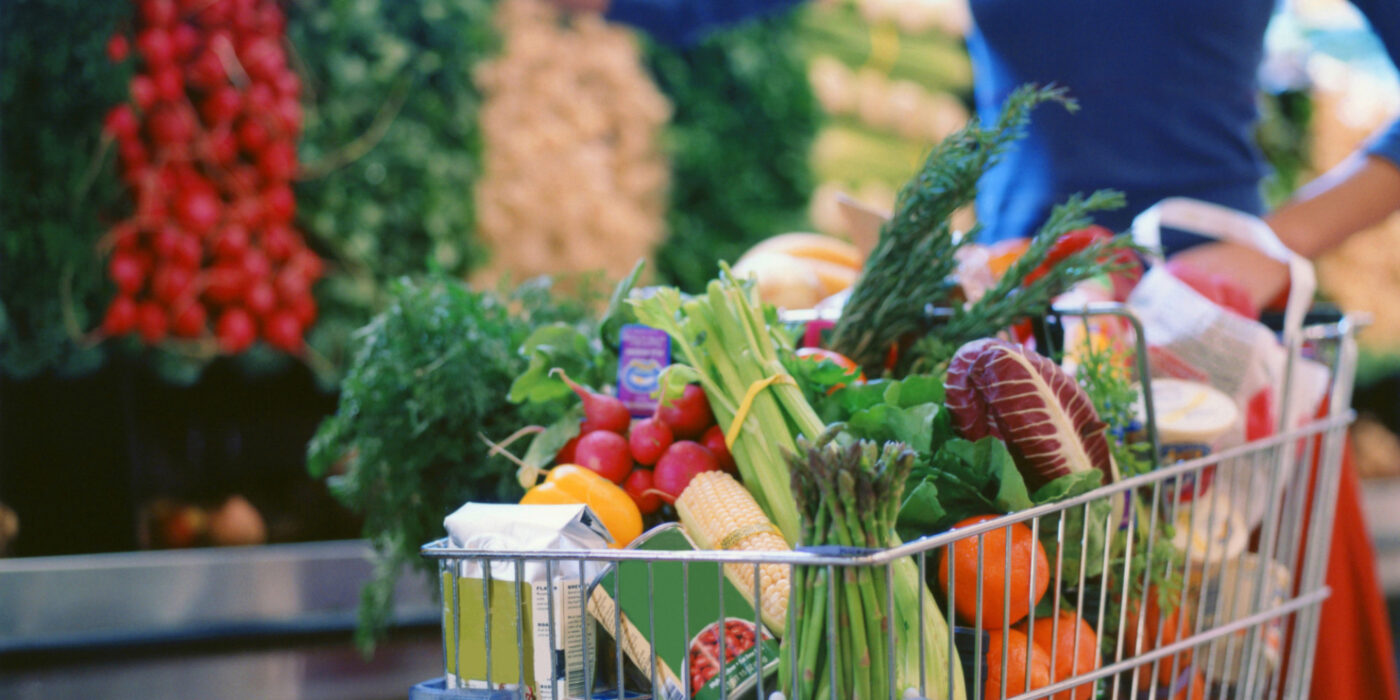Organic Food Approval, Uncategorized
Organic food approval
Courtesy: Organic food approval
Greece
In Greece, organic certification is available from eight organizations approved by EU. Most of them are BIOHELLAS and the DIO (Greek: Οργανισμός Ελέγχου και Πιστοποίησης Βιολογικών Προϊόντων – ΔΗΩ)
Ireland
In Ireland, organic certification is available from the Irish Organic Farmers and Growers Association, Demeter Standards Ltd. and Organic Trust Ltd.
Switzerland
In Switzerland, products sold as organic must comply at a minimum with the Swiss organic regulation (Regulation 910.18). Higher standards are required before a product can be labelled with the Bio Suisse label.
Sweden
In Sweden, organic certification is handled by the organisation KRAV with members such as farmers, processors, trade and also consumer, environmental and animal welfare interests.
United Kingdom
In the United Kingdom, organic certification is handled by a number of organizations, regulated by The Department for Environment, Food and Rural Affairs (DEFRA), of which the largest are the Soil Association and Organic Farmers and Growers. While UK certification bodies are required to meet the EU minimum organic standards for all member states; they may choose to certify to standards that exceed the minimums, as is the case with the Soil Association.

The farmland converted to produce certified organic food has seen a significant evolution in the EU15 countries, rising from 1.8% in 1998 to 4.1% in 2005. For the current EU25 countries however the statistics report an overall percentage of just 1.5% as of 2005. However, the statistics showed a larger turnover of organic food in some countries, reaching 10% in France and 14% in Germany. In France 21% of available vegetables, fruits, milk and eggs were certified as organic. Numbers for 2010 show that 5.4% of German farmland has been converted to produce certified organic food, as has 10.4% of Swiss farmland and 11.7% of Austrian farmland. Non-EU countries have widely adopted the European certification regulations for organic food, to increase export to EU countries.
Asia and Oceania
Australia
In Australia, organic certification is performed by several organisations that are accredited by the Biosecurity section of the Department of Agriculture (Australia), formerly the Australian Quarantine and Inspection Service, under the National Standard for Organic and Biodynamic Produce. All claims about the organic status of products sold in Australia are covered under the Competition and Consumer Act 2010.
In Australia, the Organic Federation of Australia is the peak body for the organic industry in Australia and is part of the government’s Organic Consultative Committee Legislative Working Group that sets organic standards.
Department of Agriculture accreditation is a legal requirement for all organic products exported from Australia. Export Control (Organic Produce Certification) Orders are used by the Department to assess organic certifying bodies and recognise them as approved certifying organisations. Approved certifying organisations are assessed by the Department for both initial recognition and on an at least annual basis thereafter to verify compliance.
In the absence of domestic regulation, DOA accreditation also serves as a ‘de facto’ benchmark for certified product sold on the domestic market. Despite its size and growing share of the economy “the organic industry in Australia remains largely self-governed. There is no specific legislation for domestic organic food standardisation and labelling at the state or federal level as there is in the USA and the EU”

